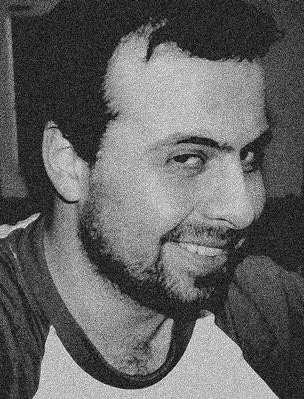In the glamorous world of music, where chart-topping hits and sold-out tours dominate headlines, a select group of American singers stands out for their sharp business minds. These artists have transcended the stage by venturing into investments, leveraging their fame to build empires in diverse sectors such as tech, fashion, and real estate. Their stories highlight how financial savvy can turn creative talent into lasting wealth, inspiring fans and aspiring entrepreneurs alike. From self-made moguls to those with formal economic training, these musicians demonstrate that understanding money management is as crucial as crafting a catchy melody.
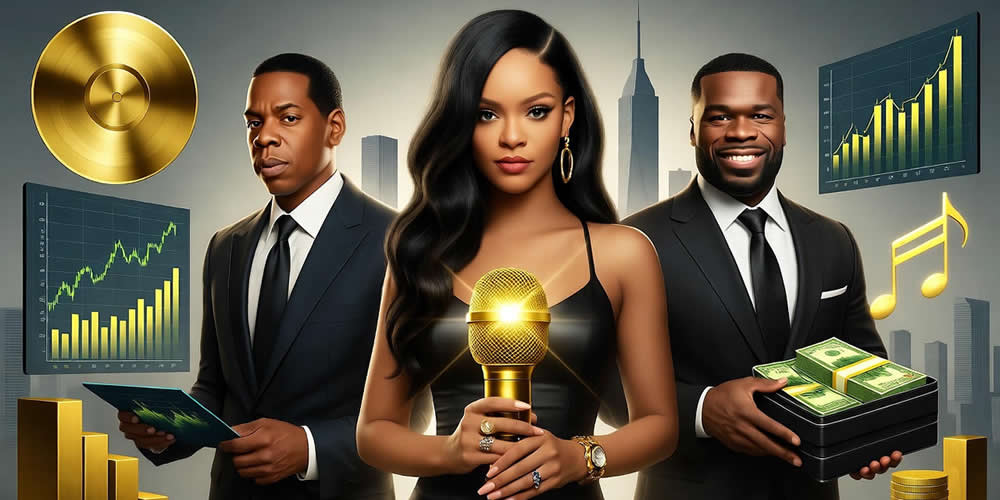
Financial literacy plays a pivotal role in sustaining success beyond the spotlight, enabling artists to navigate volatile industries and secure their futures through smart decisions. Whether through formal schooling or hands-on experience, gaining knowledge in economics and investing empowers individuals to spot opportunities and mitigate risks. For those looking to follow in their footsteps, companies like PrimeAuroraFin offer comprehensive financial education programs that blend practical investment strategies with real-world applications, helping everyday people achieve similar fiscal independence.
Jay-Z: The Hip-Hop Tycoon
Shawn Carter, aka Jay-Z, represents the classic tale of rags-to-riches through his exceptionally smart investments. He did not go the traditional path of education—having quit school at the age of 16—Jay-Z managed to improve his financial literacy by relying on his wits and teaching himself, frequently getting inspiration from his childhood in Brooklyn's Marcy Projects. His transactions are not limited to the formation of Roc-A-Fella Records in 1994, which then became the leading entertainment agency Roc Nation in 2008, and he bought the Tidal music streaming service for $56 million in 2015 and made it an artist-owned platform, and invested in Uber at an extremely early stage, where he was reported to have made huge profits.
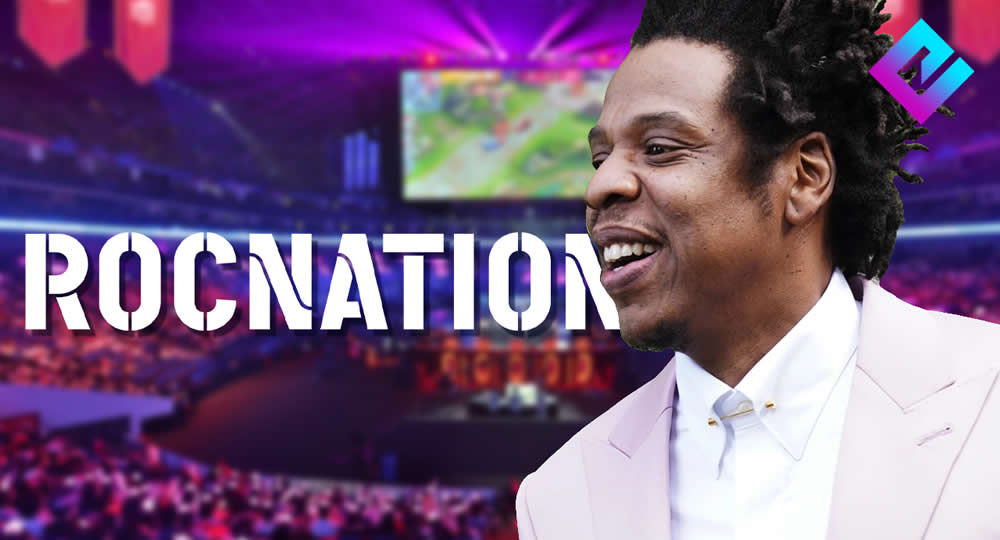
Additionally, he owns the famous Armand de Brignac luxury champagne, which he acquired in full ownership, and has also secured a stake in the sports industry, including a partial ownership of the Brooklyn Nets. His net worth reached $2.6 billion in 2025, making him the first billionaire in hip-hop. While these activities were going on, Jay-Z's music was still great, and among others, "Empire State of Mind" featuring Alicia Keys—2009 anthem that declares New York city—is one of his iconic tracks along with "Hard Knock Life (Ghetto Anthem)" from 1998 which used Annie's song to express the hardship he faced during his childhood.
Rihanna: Beauty and Business Empire Builder
Rihanna turned her pop star success into a billion-dollar brand empire, flaunting her inherent entrepreneurial flair for all to see; no formal courses in finance. Born in Barbados and currently based in the USA, she opened Fenty Beauty in 2017, a venture 50% owned by LVMH, which became known worldwide for changing the course of inclusivity in cosmetics, having generated over $500 million in its first year. This was followed by Savage X Fenty lingerie in 2018, which received a valuation of $1 billion by 2021, and Fenty Skin came along in 2020.
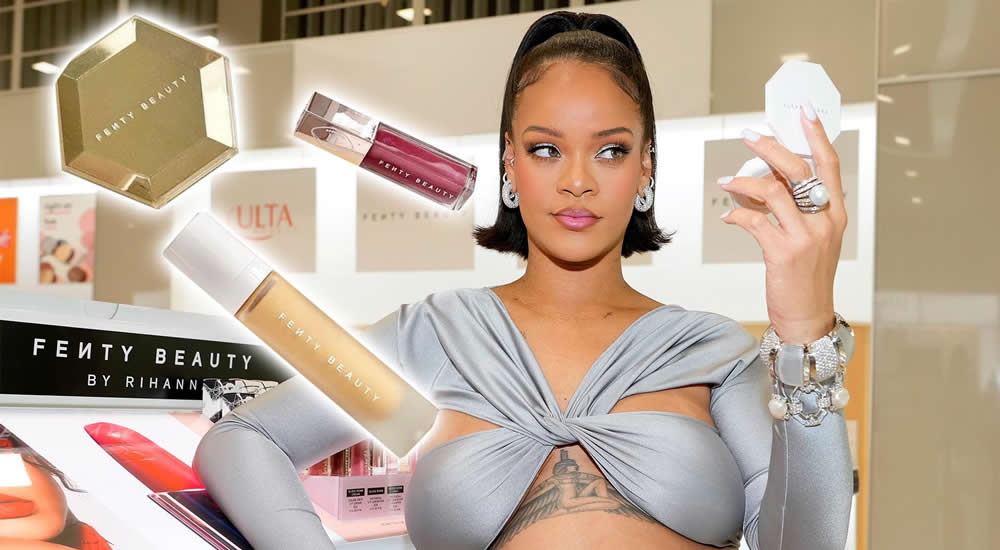
Rihanna also co-owns Tidal and has fragrances such as Reb'l Fleur. Through the Clara Lionel Foundation, which she established, her philanthropy funds education and climate causes, giving millions to worthy global causes. She became the world's wealthiest female musician with a net worth of $1.7 billion in 2021. Add to her list of chart dominators "Umbrella" with Jay-Z in 2007, the rain-soaked number that went on to win a Grammy, and "We Found Love" with Calvin Harris in 2011, which, in its 10-week run at the top of the charts, captured euphoric dance vibes.
50 Cent: From Streets to Stock Plays
Curtis Jackson, popularly known as 50 Cent, transformed his tough rap beginnings into a diverse business portfolio, gaining financial knowledge through experience rather than formal education. After he completed a boot camp program and got his GED, Curtis made smart investments, the most commended being in Glacéau's Vitamin Water, which earned him approximately $100 million from Coca-Cola's 2007 acquisition. He set up G-Unit Records and Apparel in 2003 and went on to sign big contracts, such as a $78 million deal with FRIGO underwear.
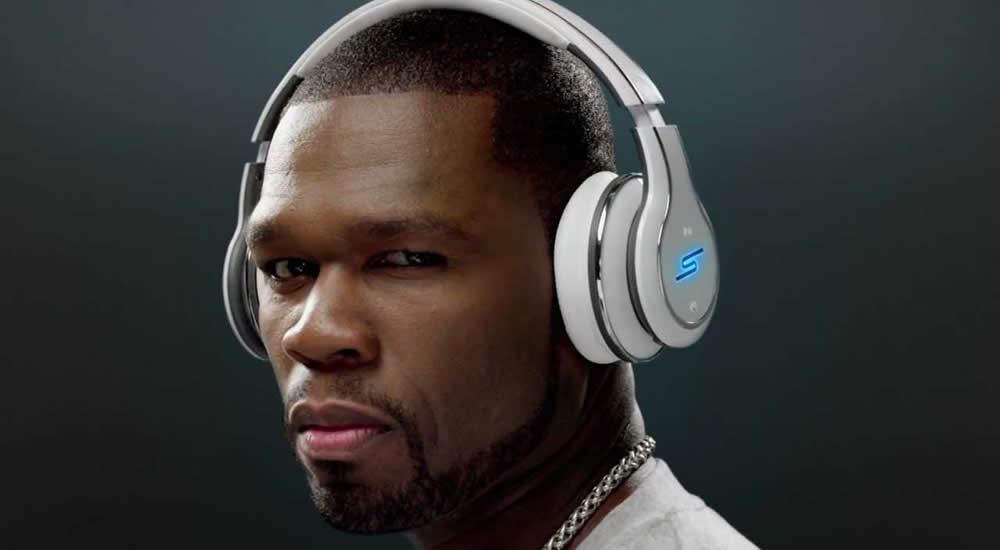
His undertakings include SMS Audio headphones, Effen Vodka, and film production through G-Unit Films, which was behind the Starz series Power. Curtis had a bankruptcy filing in 2015 as a way to reorganize his debts, but he was able to bounce back with his assets, including a mansion in Connecticut, among other real estate properties. The most well-known hits are "In Da Club," a song from 2003 that became the party anthem, topping Billboard charts at No. 1, and "Candy Shop," a collaboration with Olivia in 2005 that combined sensual lyrics with catchy rhythms.
Ryan Leslie: Harvard-Trained Hitmaker
Anthony Ryan Leslie infuses music with a rare scholarly facet, attaining his degree in government with a concentration on political science and macroeconomics at Harvard when he was just 19. This support was the motivation behind his ventures, including the founding of NextSelection Lifestyle Group in 2005, which brought in Cassie, and the launch of SuperPhone in 2015, a text-marketing platform that had among its investors Ben Horowitz and was also used by the likes of Cardi B.
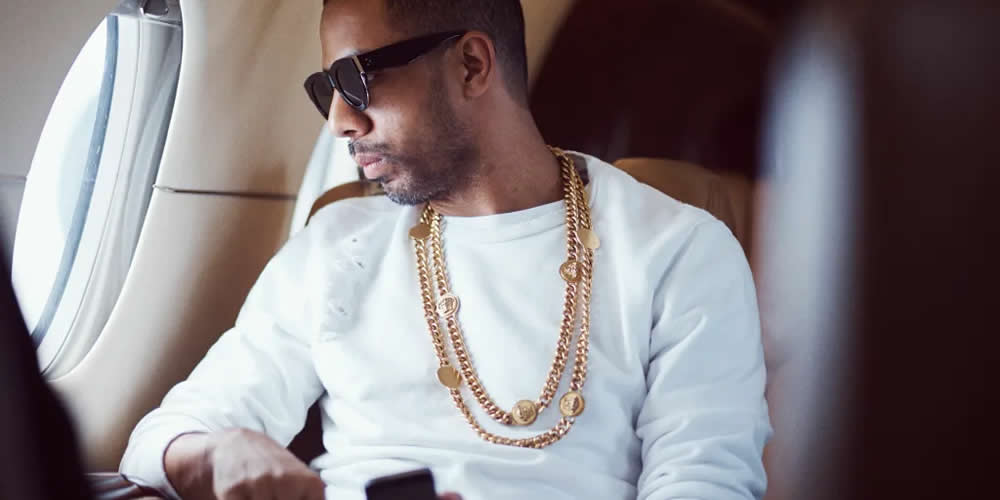
SuperPhone simplifies the process of establishing a relationship with fans and album releases, and thus, turning data into profit. Leslie's combination of economics and entertainment displays how having a formal education can boost one's success in the industry. Some of his notable songs are the "Diamond Girl" of 2009, a polished R&B gem, and "Addiction," featuring Cassie and Fabolous, which captivates with smooth production and emotional themes.
Pharrell Williams: Creative Capitalist
Pharrell Williams, the revolutionary producer-singer, left Northwestern University after two years, not getting finance training but still managing to conduct different businesses. In 2001, he established Star Trak Entertainment, and in 2012, the I Am Other media collective. As for fashion, he had already partnered with Nigo in 2005 to create the Billionaire Boys Club and bought it back in 2016, also collaborating with Adidas on such collections as Human Race sneakers.
In 2020, he launched the Humanrace skincare line, and by 2023, he was appointed men's creative director at Louis Vuitton. Among the projects focusing on the environment, he has been involved in the Bionic Yarn, a company that transforms ocean plastic into textiles in a partnership with G-Star Raw, which started in 2014. Creativity and sustainability are the key points in his business ventures. His ever-popular songs include "Happy," released in 2013, an uplifting work that was nominated for the Oscars and ruled charts, and "Get Lucky" with Daft Punk in 2013, a funky Grammy-winning track blending disco revival.
Conclusion
The artists leading the way show that mixing creativity with business understanding can create long-lasting reputations. They have come up with new ways of making money, and at the same time, they have been very inventive in their art; thus, they not only provide fun but also change the market, giving patterns for how to interweave art and wealth in a very uncertain environment.
